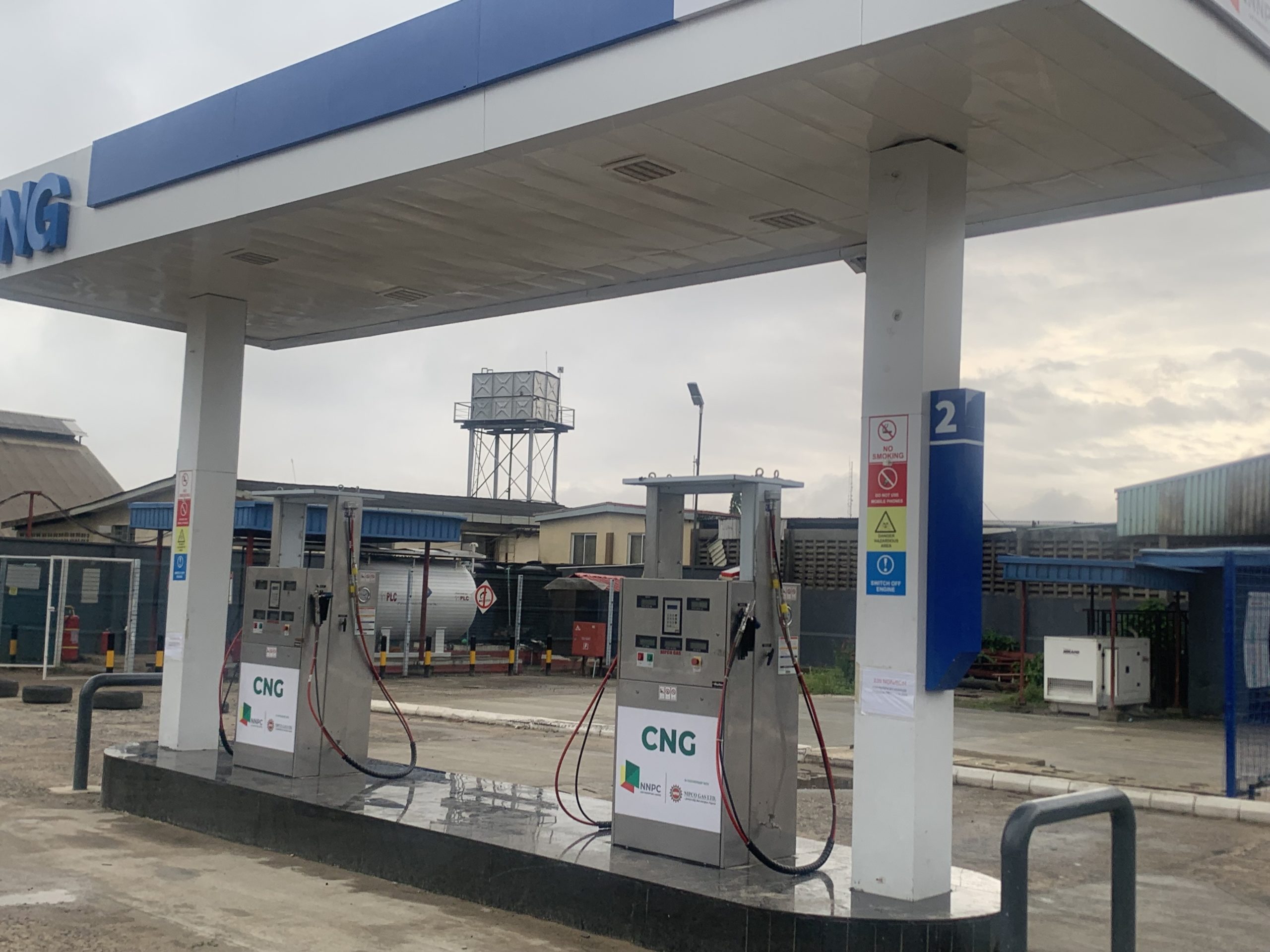
Amid skyrocketing fuel prices in Nigeria, commercial drivers in cities like Lagos, Abuja, and Ibadan are turning to compressed natural gas (CNG) vehicles as a cost-effective alternative to petrol. While drivers may not switch for environmental reasons, CNG’s significantly lower price is a major draw. At ₦235 per cubic meter, CNG is far cheaper than petrol, which now costs between ₦877 and ₦1,200 per liter. This shift could save drivers substantial amounts in the long term.
For instance, a round trip from Lagos to Ibadan that would cost ₦30,000 in petrol now costs only ₦5,000 with CNG. However, the upfront cost of converting a petrol-powered vehicle to CNG is steep, ranging from ₦750,000 to ₦2.5 million, due to the high cost of importing conversion kits. Five years ago, these kits were more affordable, priced between ₦200,000 and ₦300,000, but currency devaluation and import duties have caused a spike in prices.
Despite this, the Nigerian government has stepped in, funding conversions for public transport drivers and offering discounts and installment plans to ride-hailing drivers. Bolt, a major ride-hailing company, has partnered with the government to facilitate CNG conversion for its drivers, citing it as a cost-saving move amidst increasing dissatisfaction over fuel prices.
Safety concerns around CNG vehicles are still a barrier to wider adoption, though many mechanics report that CNG engines are not only cheaper to run but also healthier for the engine. Additionally, CNG’s lower hydrocarbon levels reduce wear and tear, meaning drivers can go longer without servicing their cars.
While the potential for CNG vehicles to become mainstream is growing, high conversion costs remain a deterrent. Without broader government intervention or reduced kit costs, CNG adoption may not surpass the level of interest seen in previous fuel price hikes. For now, however, more commercial drivers are choosing to make the switch to save money.
Conclusion
The transition to CNG in Nigeria, led by commercial drivers, demonstrates how economic necessity is driving the early adoption of alternative fuel vehicles. As fuel prices continue to rise, CNG offers a glimmer of hope for cost-conscious drivers, although the high conversion fees may slow the pace of change. Whether this shift will be sustainable or a passing trend depends largely on continued government support and market affordability.
